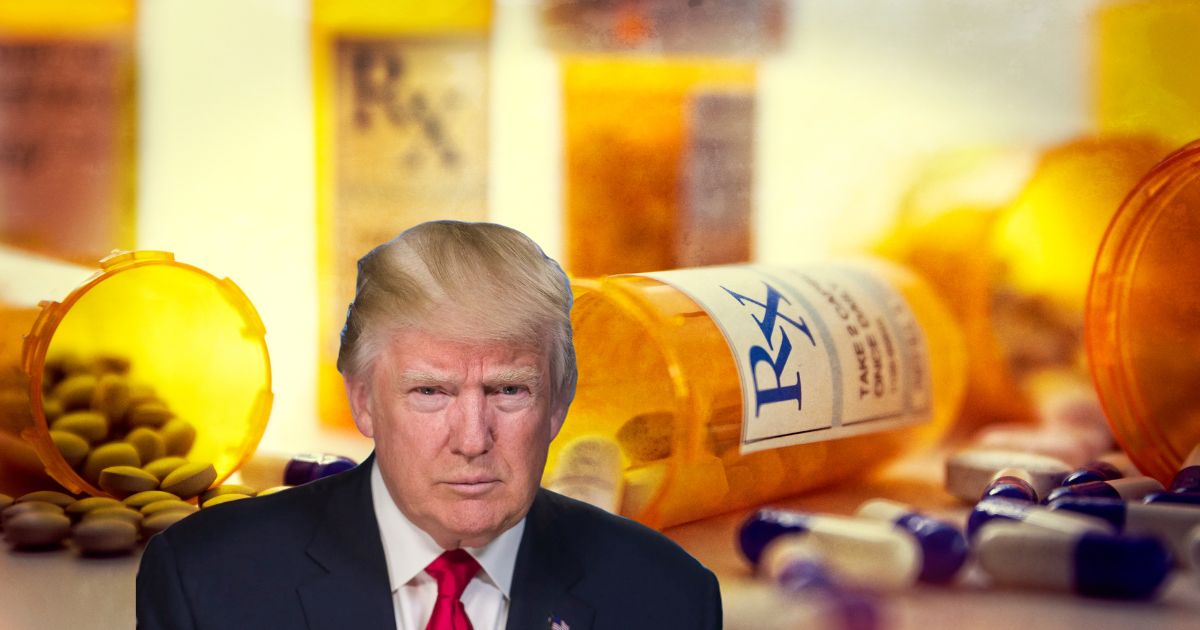In the wake of COVID-19, federal and state governments, as well as various Hospital supply chain purchasing groups, declared that they would diversify their sourcing in the future to avoid becoming overly dependent on supply chains that are subject to interruption. A significant portion of the U.S. drug supply, including both active pharmaceutical ingredients (APIs) and finished generic drugs, originates from China. This reliance is particularly pronounced in the case of APIs, where China is a major global producer.
While India also plays a significant role in supplying finished generic drugs to the U.S., it relies heavily on China for the raw materials and APIs used in their production.
There are numerous drugs that millions of Americans depend upon that China has a firm hold on the supply chain, including antibiotics like penicillin, and medications for conditions like diabetes, heart disease, and high blood pressure.
This week President Donald J. Trump signed an Executive Order to fill the Strategic Active Pharmaceutical Ingredients Reserve (SAPIR) with critical drug components, ensuring a resilient domestic supply chain for essential medicines. The Order directs the Office of the Assistant Secretary for Preparedness and Response (ASPR), within the Department of Health and Human Services, to develop a list of approximately 26 critical drugs vital to national health and security, and ready the SAPIR repository to receive and maintain the Active Pharmaceutical Ingredients (APIs) used to make these critical drugs.
The Executive Order also charges the ASPR with obtaining a 6-month supply of these critical APIs, with a preference for obtaining domestically-manufactured APIs if possible, and placing them in the SAPIR. It further instructs the ASPR to update the 2022 list of 86 essential medicines and propose a plan to obtain and store a 6-month API supply for these drugs.
ASPR is also directed to develop a proposal for opening a second SAPIR repository to further enhance pharmaceutical supply chain resilience.
Trump’s order also addressed supply chain vulnerabilities by focusing on restoring capacity for domestic production of essential pharmaceutical products is essential to safeguarding national health and security against global supply chain disruptions.
Only about 10% of APIs for U.S. prescription drugs are manufactured domestically, leaving the Nation vulnerable to foreign supply chain disruptions.The Biden Administration failed to advance domestic production or fill the SAPIR, despite spending billions on supply chain initiatives.
Overreliance on foreign, sometimes adversarial, nations for Key Starting Materials (the materials used to make APIs) and APIs risks shortages of essential medicines. By stockpiling APIs, which are lower-cost and have longer shelf lives, we can strengthen the ability to ensure access to critical drugs during emergencies.
Steve Gill is Publisher of TriStar Daily.

















